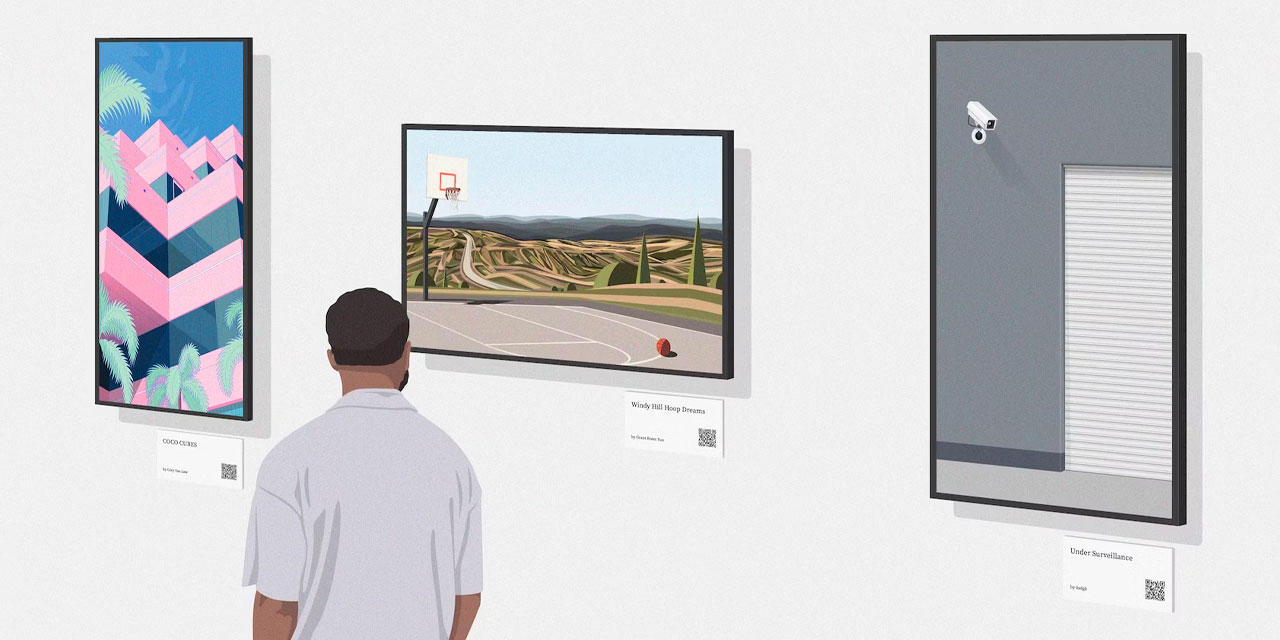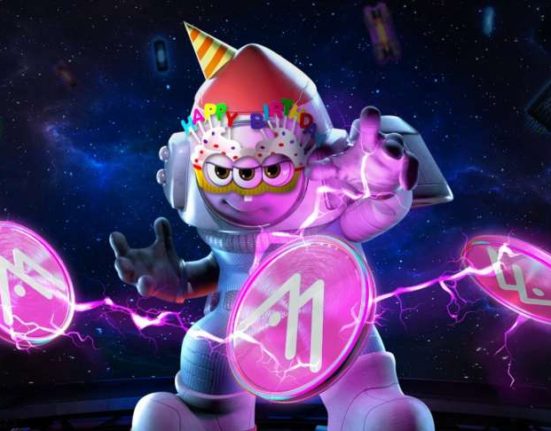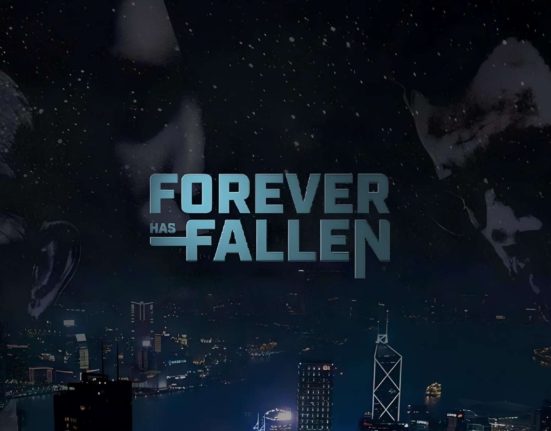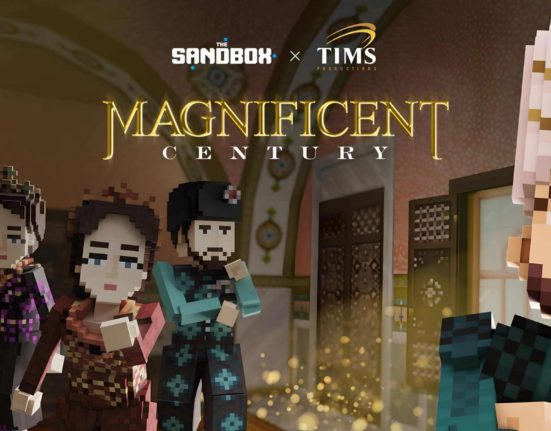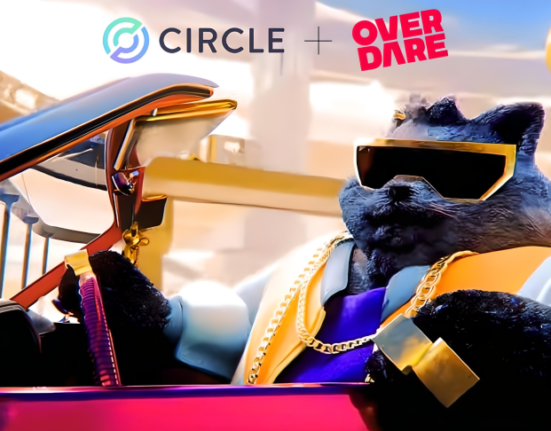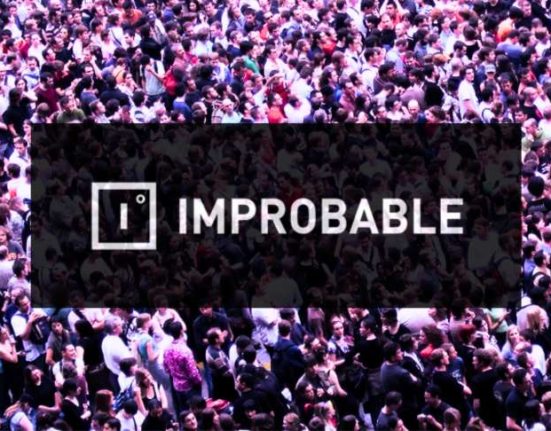TransientLabs, the Web3-based creative studio known for its innovation and extensive collaborations, has recently developed and released a new type of NFT contract, in partnership with artist Patrick Amadon, that changes the game for both creators and collectors.
At first glance and by its most basic explanation, the Doppelganger contract may come across as simple, allowing artists to add multiple images to an NFT and in turn, enabling collectors the ability to cycle through them.
Why it matters?
First, let’s take a look at what inspired the contract to begin with. In a conversation with nft now, Amadon shared that he “was thinking about the long-term durability of NFTs as one of the primary concerns of traditional art collectors,” specifically the risk of centralized hosting services, and had the idea of creating a contract that allows for a list or array of pointers (images) that can be selected and ultimately reflected in the metadata.
“I’m friends with the team at Transient so I just reached out one day and asked how difficult it would be to create a token that pointed to an array and we knocked it out in about a month and now we have the concept and contract for array-based NFTs,” he shared.
In the associated whitepaper, Amadon has already outlined a variety of use cases, ranging from an Artist Subscription model in which an artist can continually update an existing NFT with new artwork for loyal collectors to the concept of a Multi-Work NFT, allowing for enhanced storytelling and the development of a narrative or series.
It’s worth noting that once an image is added to the list, it can not be undone, meaning collectors are never at risk of an artist retracting an image or work from the contract.
Continuing the conversation with nft now, Amadon shared that this can potentially be a two-edged sword of sorts, explaining that “On one side, we have frozen metadata with NFTs. Advantage is immutability but the downside is immutability if anything breaks,” he added that “We designed the contract so you can always add to the array but never subtract.” Amadon further explained that the owner of the NFT has exclusive rights over selection of the image displayed, something he says provides security of frozen metadata.
Azure Surveillance
Another noteworthy use case is Aspect Ratio solutions, which was first exercised by artist 0xdgb in partnership with Transient Labs to showcase how useful the contract can be for both creators and collectors.
Objectively, this is potentially the most pertinent and ready-for-market use case and something that has been sorely needed in the space. If you’ve ever been to an IRL event, chances are you’ve seen the work of a popular Web3-based artist atrociously cropped and displayed on a monitor – Doppelgänger fixes that.
Speaking with nft now, 0xdgb said “I think [the contract] just adds to the capabilities of digital art, and adds a level of personalization, allowing collectors to add their own touch or finish.”
Through the aspect ratio solution, an artist can provide a range of common display ratios that collectors can then select from. So whether you’re an institution looking to display a work on your Danvas or a collector looking to display a piece at home on your TokenFrame, you can now do so properly, with ease, and in a way that honors the work.
For a full technical breakdown and a step-by-step guide on how to utilize the contract for enabled works, see Amadon and TransientLabs whitepaper here. As for artists who are eager to utilize the contract, Transient Labs has shared that it has plans for broad release soon via its code-less creator tool kit, The Lab.


